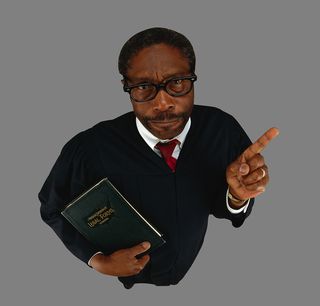Part of drafting a last will and testament is naming an executor, or a person appointed to carry out the terms of the will. Oftentimes, the author of the will chooses to name a family member or close friend as the executor, leaving his or her estate plans in the hand of a trusted and close individual. Other times, however, it can be just as beneficial to go down a different road and choose a person that you don’t personally know but that you still trust to oversee your affairs.
Appointing a Professional Fiduciary
If you are struggling to think of a trusted person to oversee your affairs, consider appointing a professional fiduciary to serve as the executor to your will (or, in the alternative, as the trustee to your trust or as the agent for your power of attorney). Professionals charge a fee for serving in this capacity, which can either be a fixed hourly rate or a percentage of the total assets in the estate. When you choose a professional fiduciary, this person will take on the same roles and responsibilities that a trusted family member would take on, carrying out the terms of your estate planning documents and making sure everything goes according to plan once you are gone.
Sorting Through Your Options
It can be difficult to figure out which professional fiduciary to trust, if this is the route you choose to take. We recommend that you consider factors such as client reviews, overall cost, and experience in the field when you are looking for someone to serve in this capacity. By conducting an initial consultation with your possible executor, you can begin to form a trusted relationship with that person as you discern whether he or she is the right fit for you.
 Houston Estate Planning and Elder Law Attorney Blog
Houston Estate Planning and Elder Law Attorney Blog









